Why grow your own healing herbs?
- For their medicinal properties and health benefits
- To save money
- For freshness and variety
- To spice up your food
- To always have them on hand when you need them
- For their beauty and fragrance
Are herbs difficult to grow?
Most healing herbs are pretty straightforward to grow: they like a light soil, sunlight and dislike being over-watered. Always check the individual requirements on labels and seed packets before sowing/planting.
Most herbs are happy in pots, (or other up-cycled containers) and will grow happily on sunny windowsills if you don’t have a garden. If you do decide to grow herbs on a windowsill, remember to turn them each day so they don’t lean towards the light.
The best healing herbs to grow at home
Marjoram (Perennial)
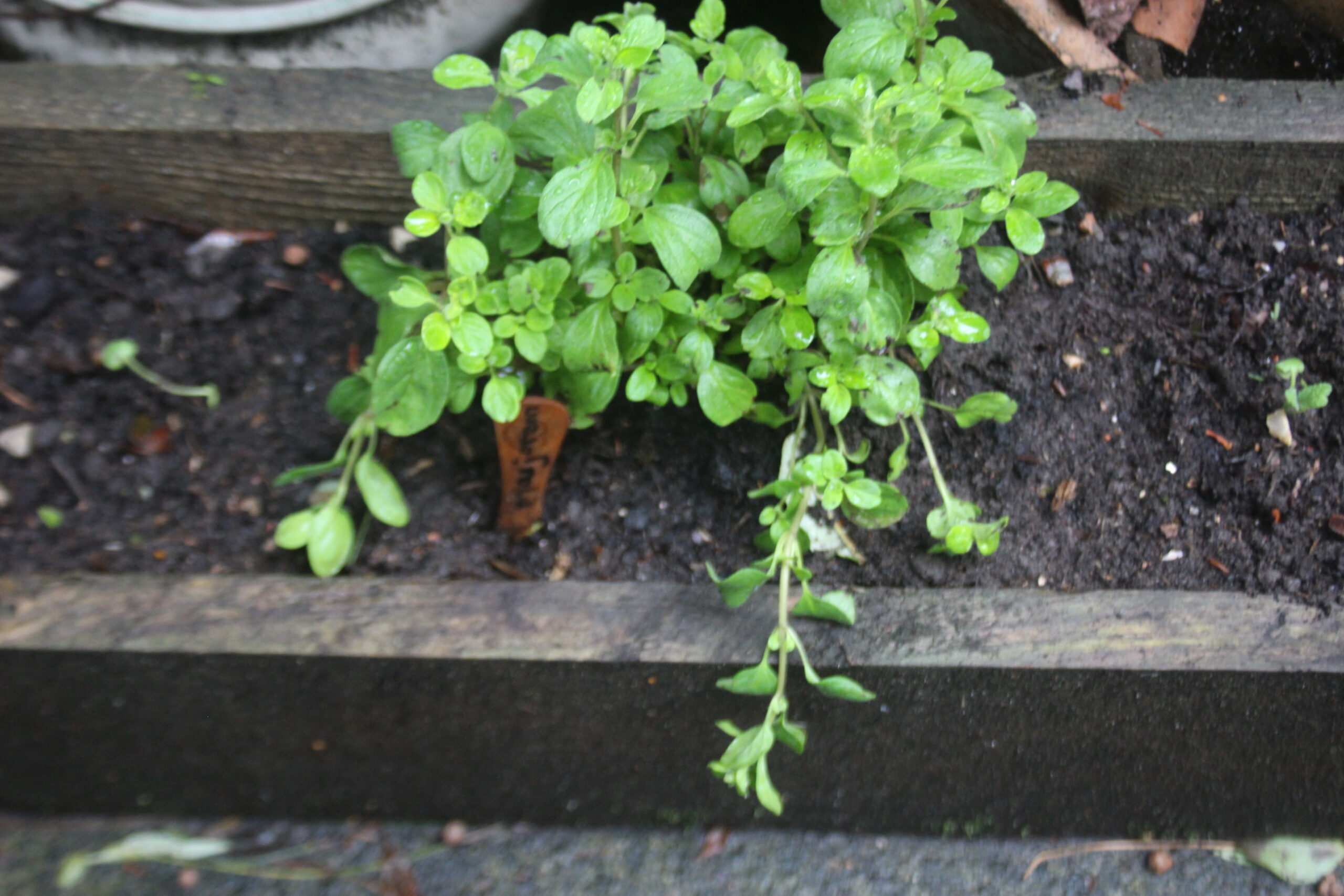
Tea made from the leaves or flowers of Marjoram is helpful in the treatment of gallstones, stomach cramps and liver disease. It is also useful for stabilising mood swings, treating diabetes, for easing muscle spasms and alleviating headaches.
Marjoram is often used in salad dressing and in tomato dishes. It is also a delicate addition to pizzas and can be used dried or fresh on a multitude of vegetables.
French Tarragon (Perennial)
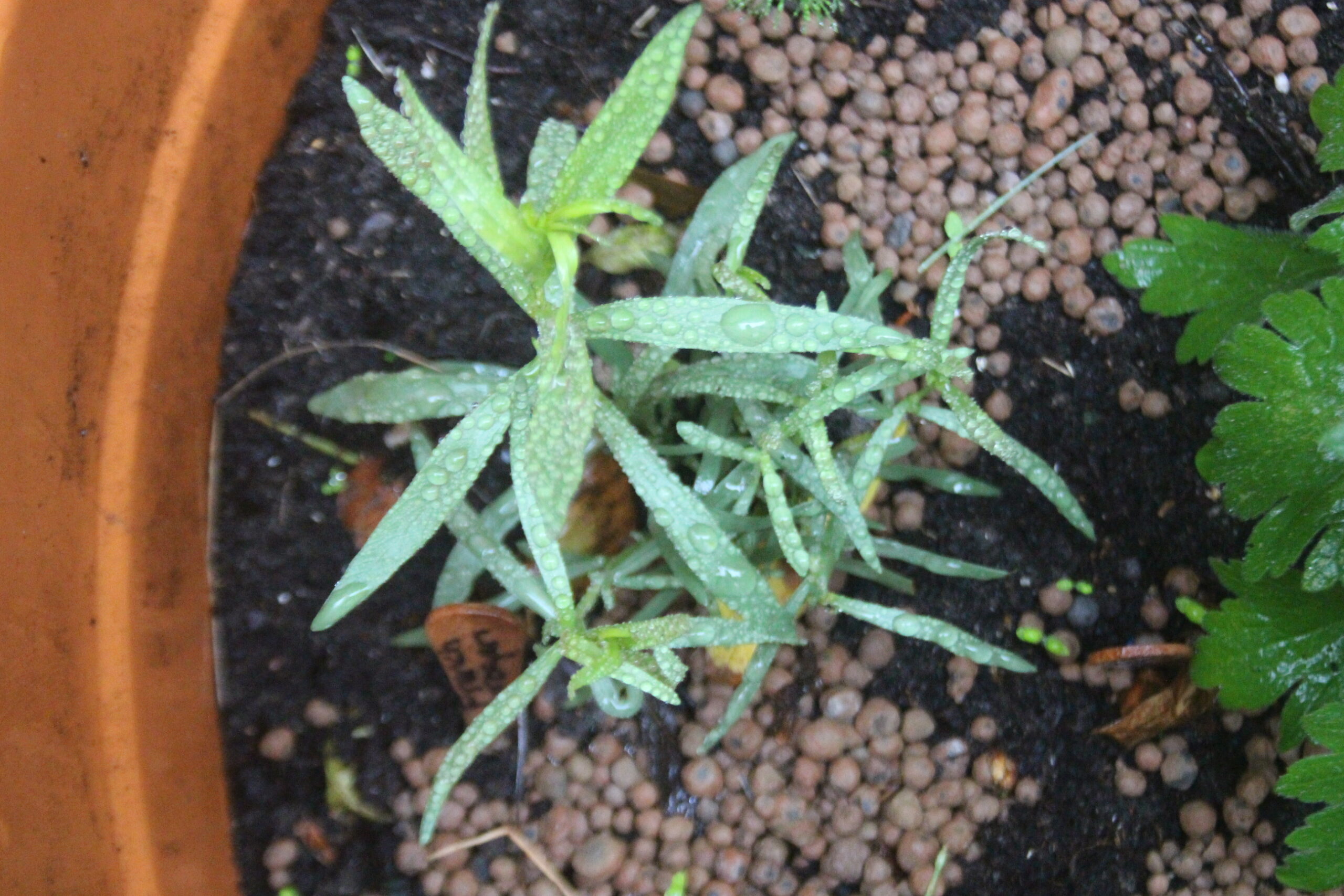
Tarrogon helps reduce pain in conditions like osteoarthritis as it’s a brilliant anti-inflammatory.
It is also used for flavouring and fragrance, and is excellent in sauces such as pesto and can be used as a garnish or mixed with olive oil and then drizzled on vegetables. It is widely used in French cooking and the tender leaves can be mixed with other greens and added to salads. Chop the leaves and sprinkle over finished meals as you would parsley.
Yarrow (Perennial)
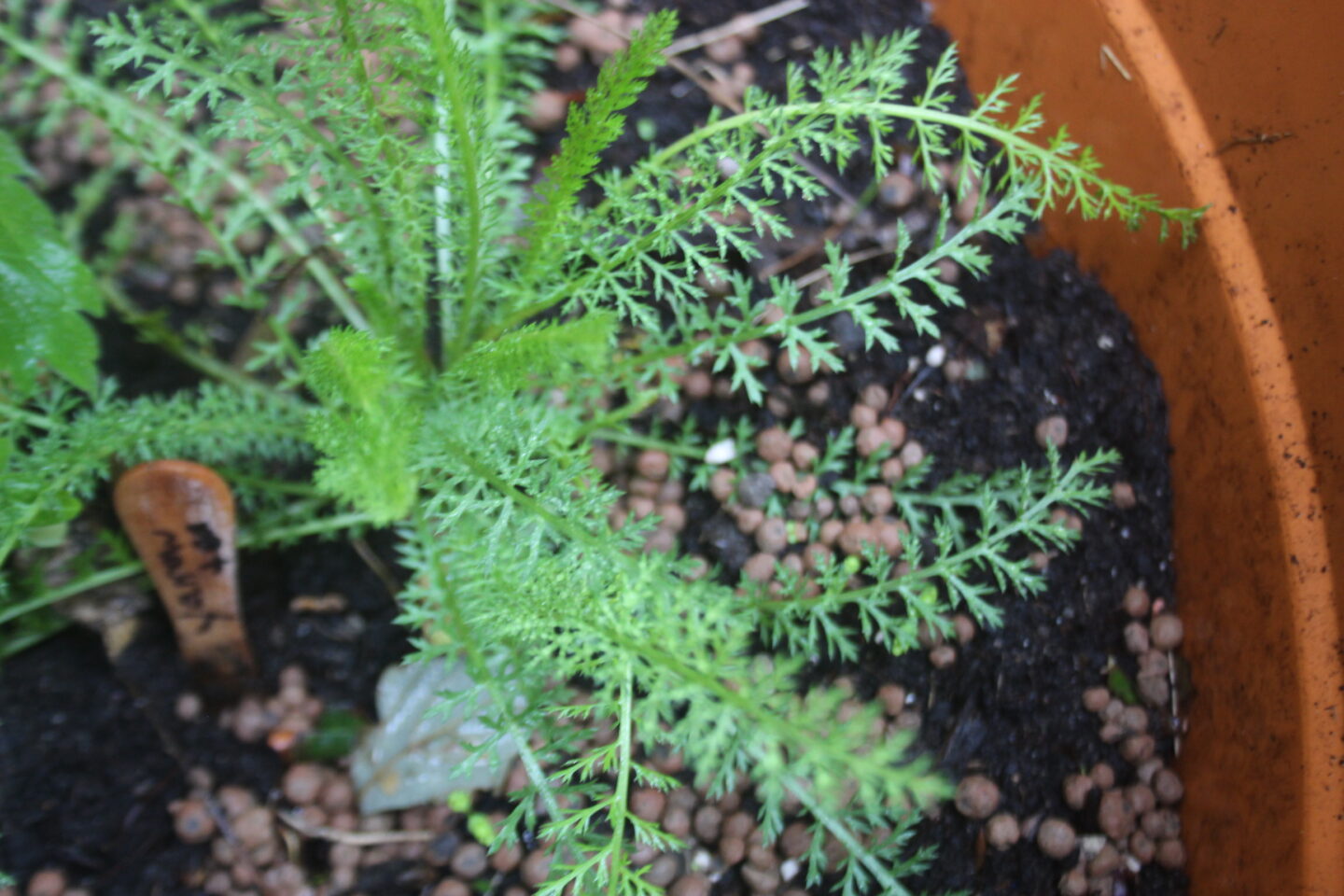
Yarrow can be used to reduce fever and helps alleviate the common cold. It has been used to protect against hay fever and can soothe toothache if you chew the leaves.
If applied to the skin, Yarrow can also help to stop bleeding, making it really useful in treating scratches and sores.
Young leaves and flowers can be used to add interest to salads, and dried leaves were once used as a tobacco substitute. They’re particularly delicious if boiled for twenty minutes then drained, chopped and served with butter, salt and pepper.
Dill (Annual)
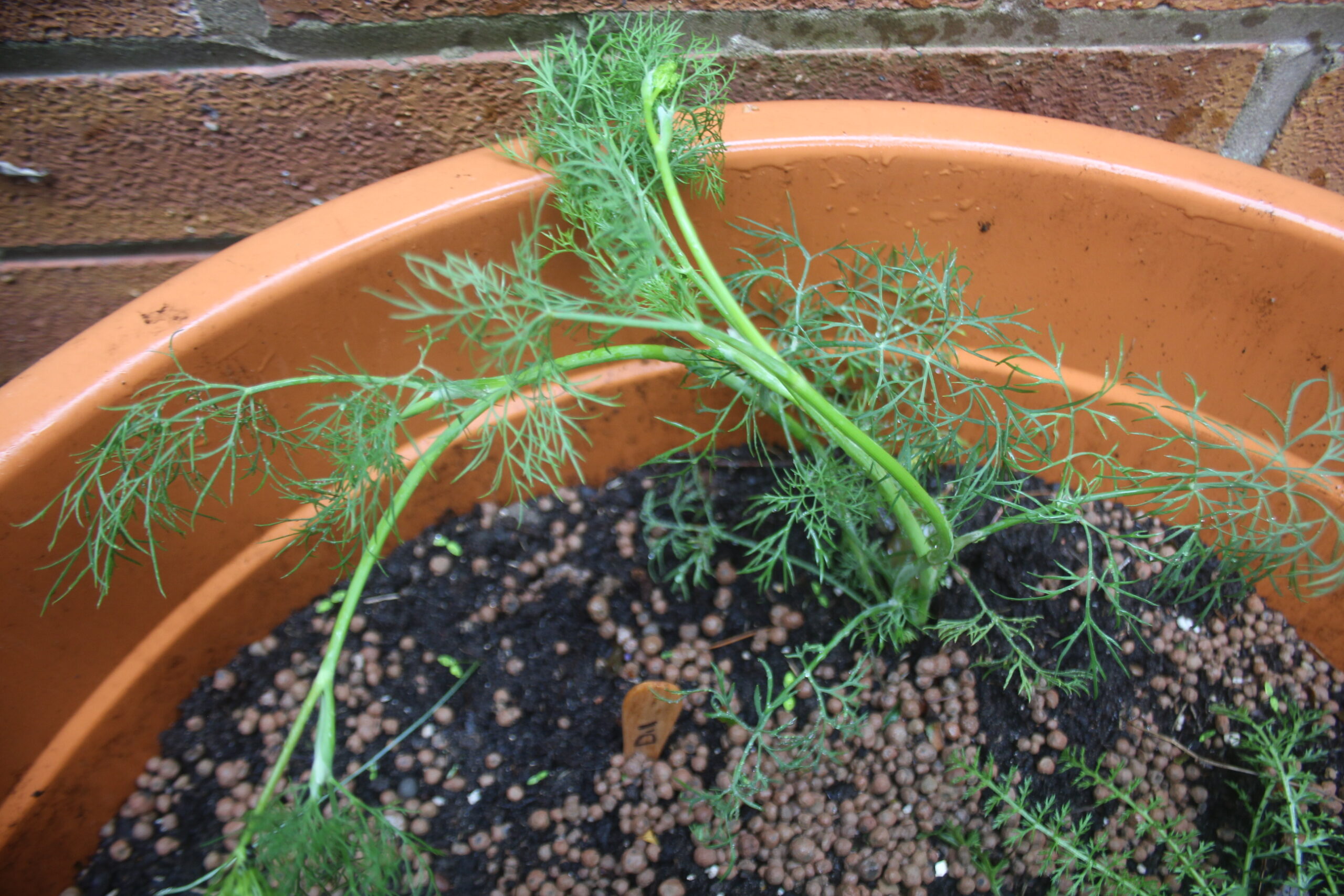
Dill boosts vitamin A intake, which is needed to maintain healthy vision. It also provides vitamin C which can help alleviate infections, as well as being a good source of fibre, and useful for maintaining healthy bones. You can also use Dill to treat fevers, common colds, coughs, bronchitis, kidney disease, gall bladder and liver complaints.
Dill seeds can be used as a pickling spice or to add flavour to bread, and the leaves are often added to vegetables, soups and salads.
Golden Thyme (Perennial)
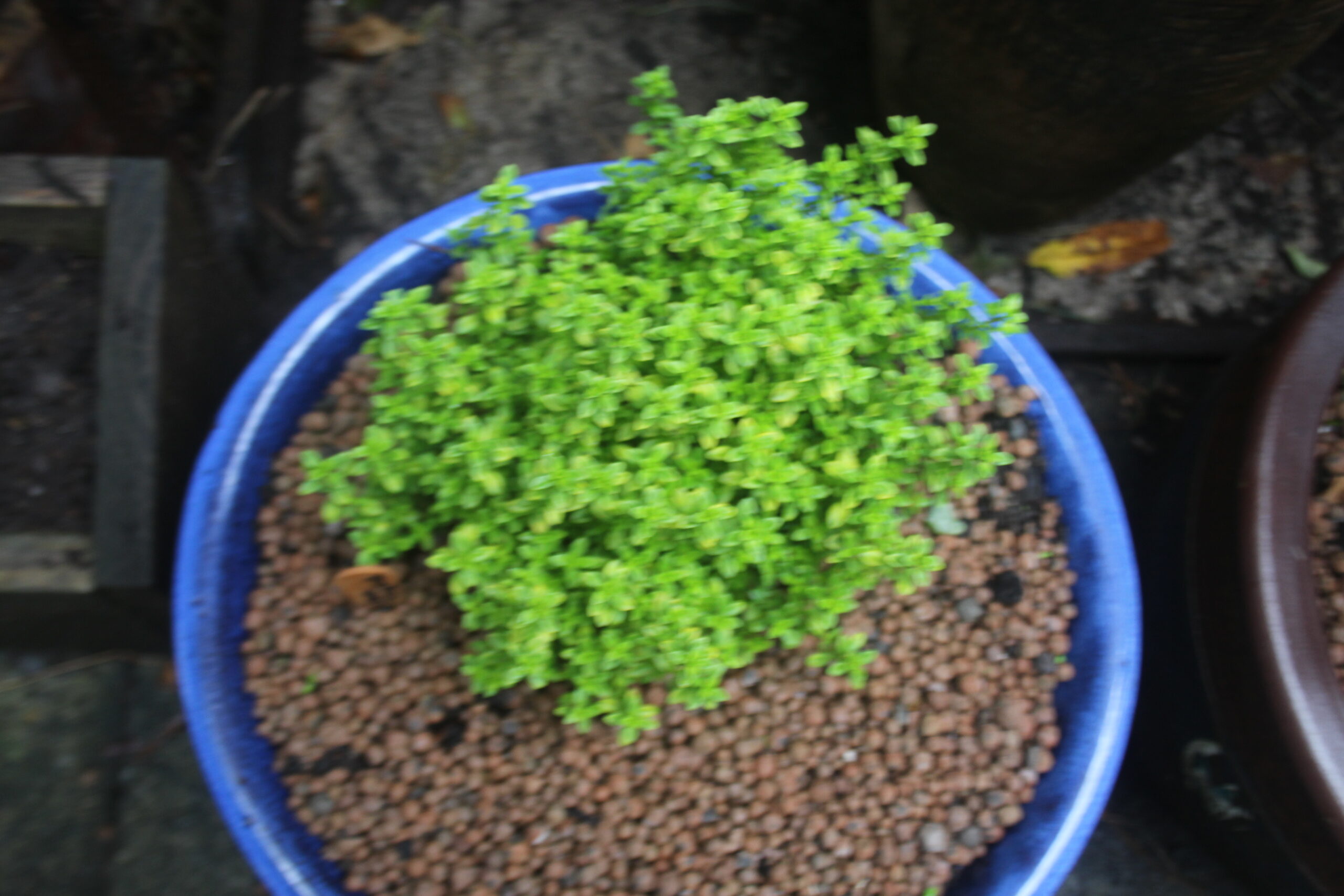
The leaves, flowers and oil of Thyme are used to treat diarrhoea, stomach ache and sore throats. It is also antibacterial and insecticidal and was even used as protection against the Black Death – and it has been suggested that Thyme can cause cell death in breast cancer cells.
Thyme can be used fresh, dried or as an essential oil: use it to compliment sauces, especially those made with eggplant and hot peppers. It can also be used to enhance soups and stews and helps aid the digestion of fatty foods.
Add fresh Thyme to salads, soups and pastas, and save the fresh leaves to make tea. You can also place Thyme between your bed sheets or in with your laundry to deter pests.
Parsley (Perennial)
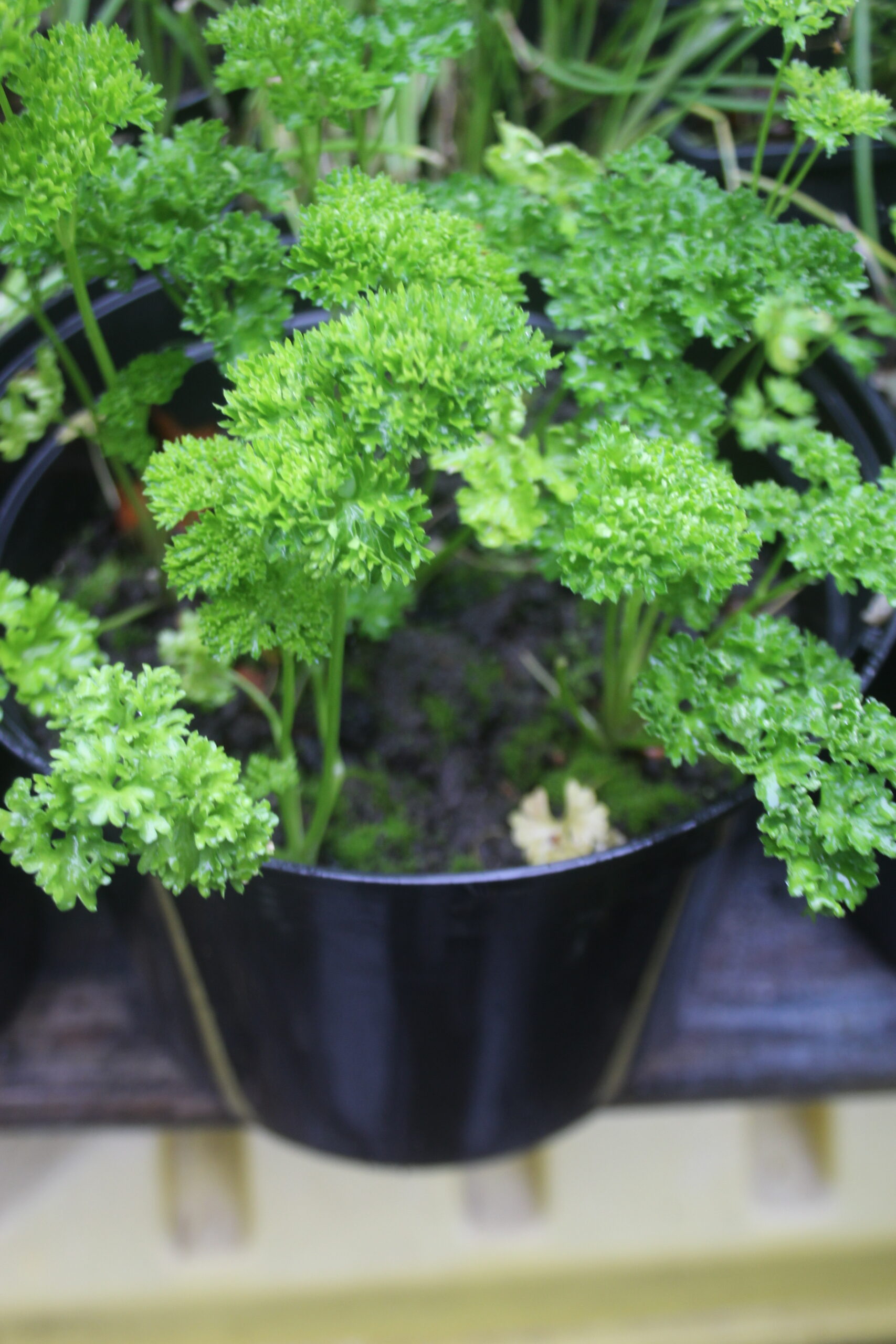
Parsley has be known to help to prevent skin cancer and it has been suggested that it can help to reduce cancer tumours. It is also good for healthy bones.
Freshly chopped Parsley is the perfect compliment to almost all foods. It can be used in anything from soups to sauces and on all vegetables. It’s also a really nice garnish, and is excellent sprinkled on hummus.
Rosemary (Perennial)
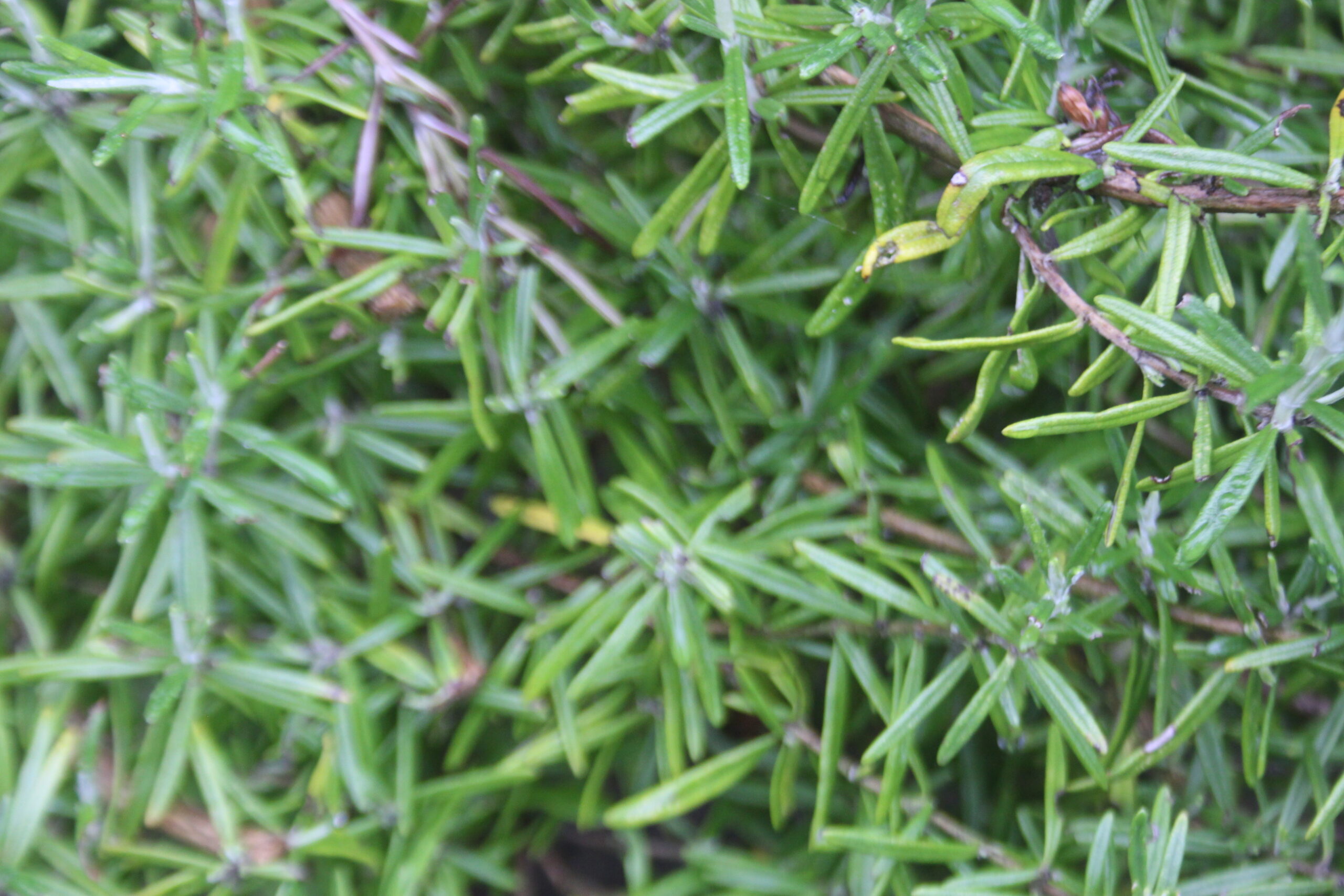
This fragrant evergreen herb can help to alleviate muscle pain, improve memory and boosts the immune and circulatory system. As well as being a good source of iron, calcium and Vitamin B-6, Rosemary has also been known to promote hair growth, and is a rich source of antioxidants to help to boost the immune system.
Rosemary can be used as a seasoning in a variety of dishes, soups, casseroles, salads and stews. It also goes well with grains, mushrooms, peas, potatoes and spinach. Generally, it’s eaten dried – but teas and liquid extracts can be made from fresh leaves.
Lovage (Perennial)
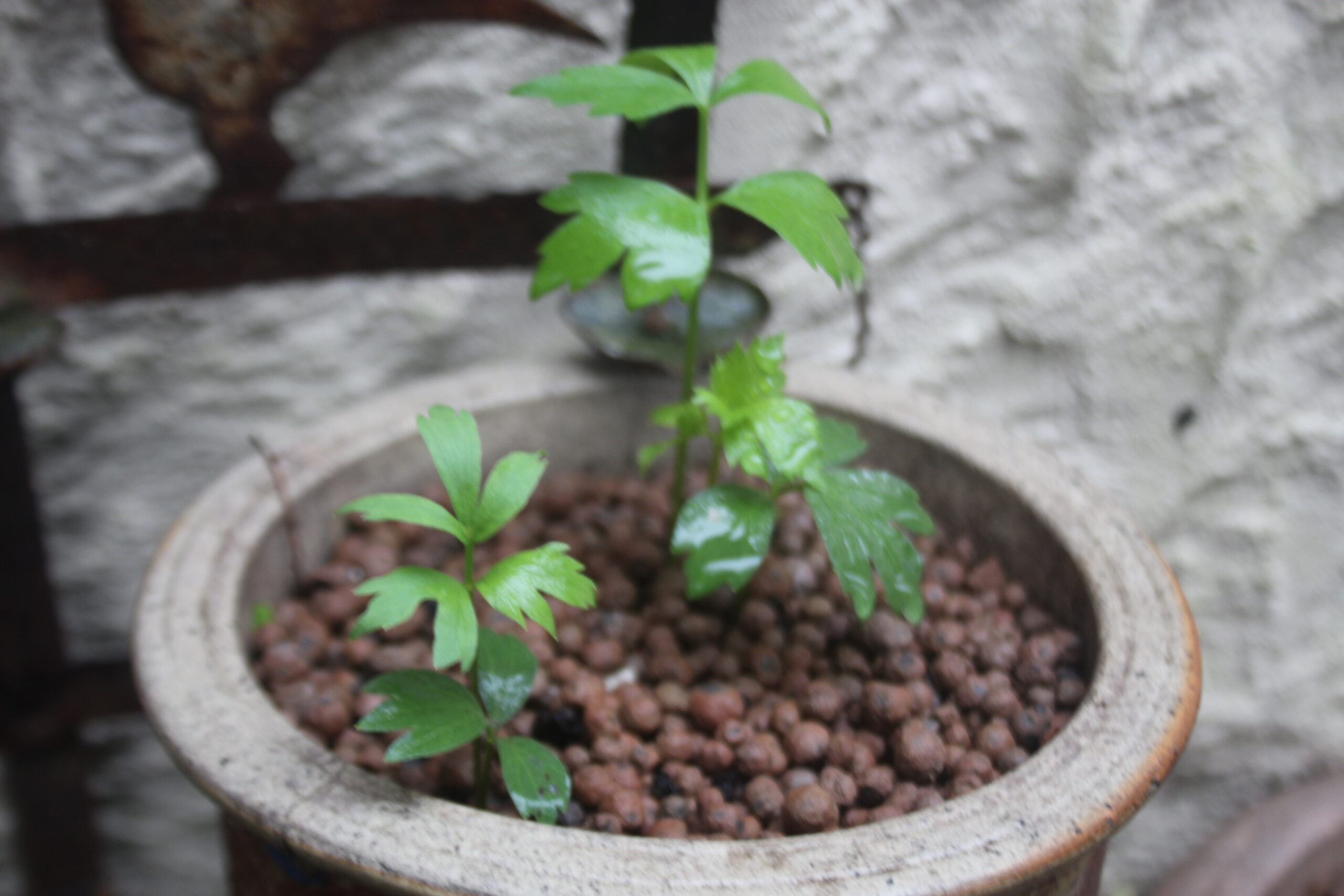
The roots, leaves and seeds of this old English herb can be used for easing stomach disorders, fever and flatulence – and an infusion of the root can be used to treat any urinary problems.
The leaves and stems add an intense celery-like flavour when added to soups, stews and potato dishes.
Basil (Annual)
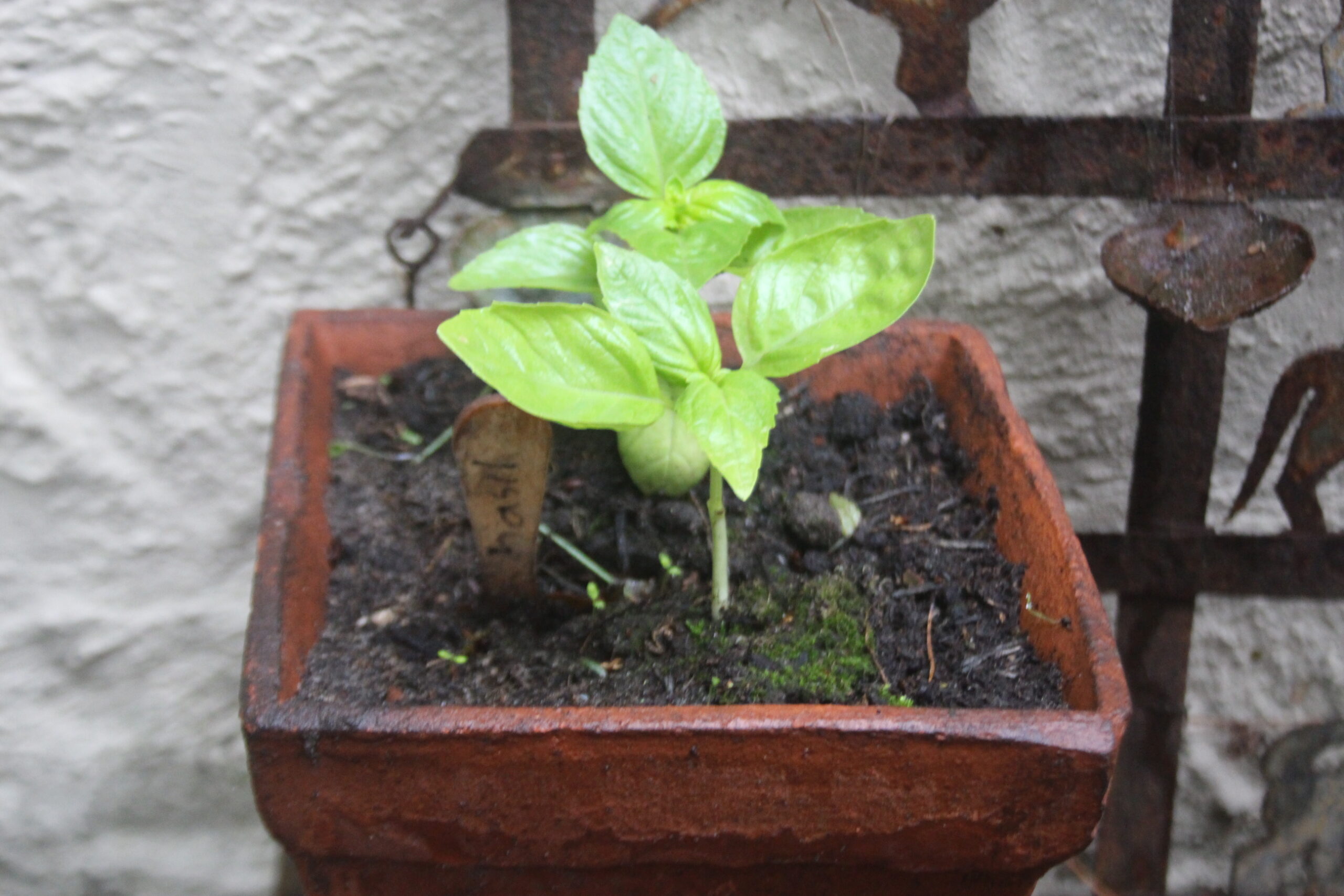
Basil can be used to treat stomach spasms, loss of appetite, kidney stones, fluid retention, colds, warts and worms. It also helps fight off infections and can be used to soothe insect bites.
Basil is also an essential ingredient in Italian cooking, as well as being a go-to healing herb used in Thai, Indonesian and Vietnamese cuisine. You can use Basil to make your own pesto at home, as well as a seasoning in tomato based dishes. It’s best used fresh when cooking, so this is a great one to grow in a pot on a kitchen windowsill.
Bay (Perennial)
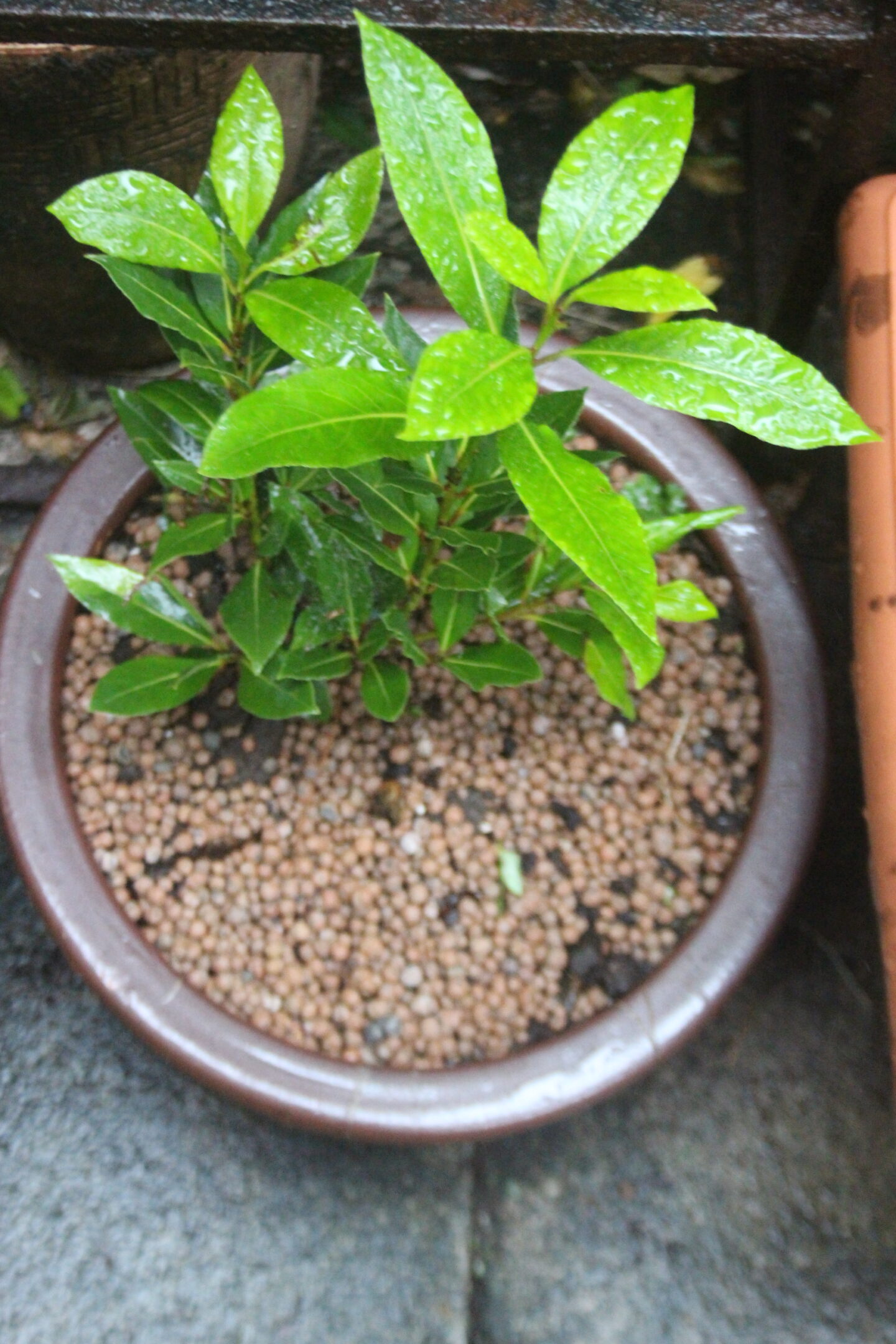
As a rich source of vitamin A, C, iron, potassium and magnesium, Bay is a useful treatment for migraines, and helps to break down proteins as well as aiding digestion.
Bay leaves contain antioxidants and anti-inflammatory properties which can help with sprains, joint pain and swellings when made into a paste with ground leaves and natural oil .
Boiled Bay leaf water also makes a good soak for chest compresses, and can be massaged into the scalp to help hair regrowth and ease an itchy scalp.
And if that wasn’t enough, bay leaf tea has also been know to reduce anxiety and help induce sleep – you can also burn the leaves around the house to help calm your nerves.
Fresh or dried Bay leaves are used for their distinctive flavour and fragrance in soups, stews, bolognaise and curries.
One last thing on healing herbs:
Always use healing herbs responsibly and in moderation, and always check with a health professional before you start taking any new herbs if you are already taking any prescribed medication/s or are pregnant – discontinue use immediately if you experience any sudden negative health issues.

When it comes to anything to do with gardens and wildlife, Dina is your woman. From growing your own veg to making your garden the perfect haven for UK wildlife, follow Dina’s top tips.